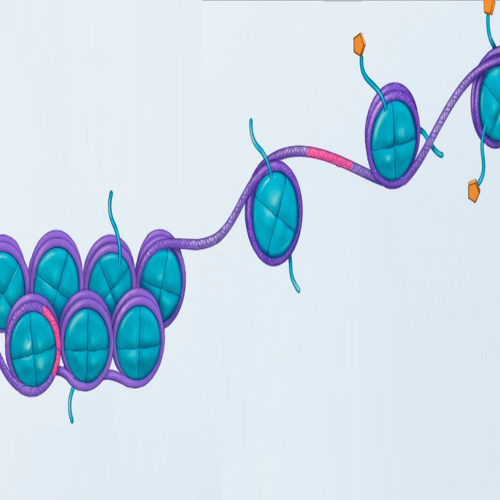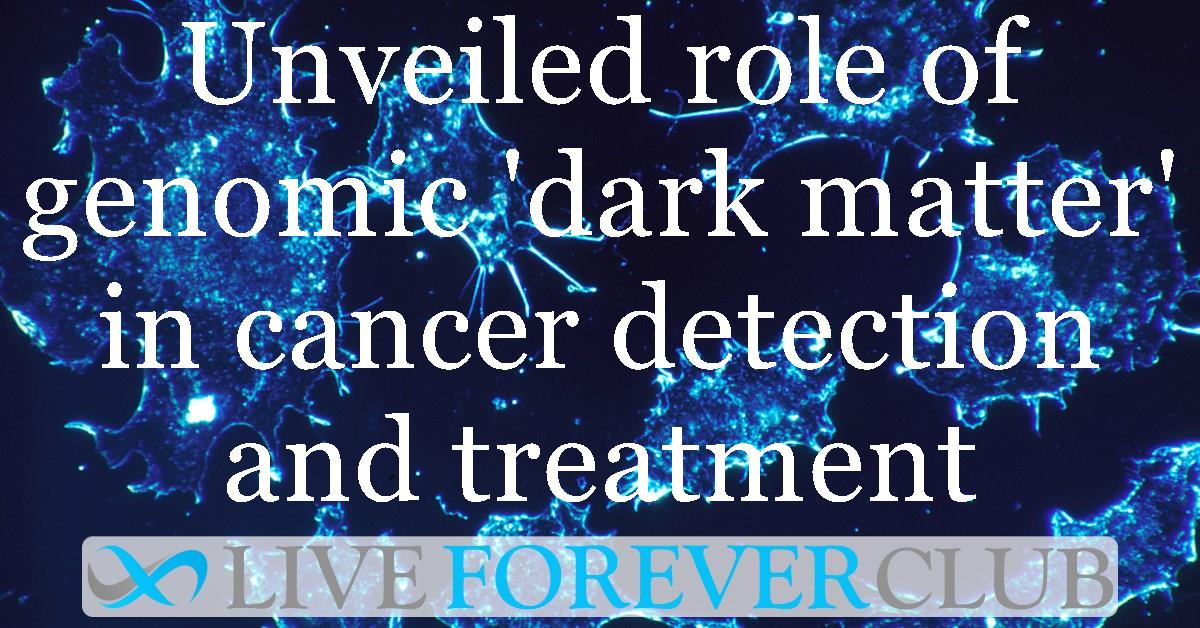Key points from article :
Scientists have discovered the mysterious role of epigenetics in controlling the way cancers develop.
Often called "dark matter", it could alter the way cancer is detected and treated.
It could lead to new forms of tests for the disease which would help tailor treatments.
"By testing for both genetic and epigenetic changes, we could, potentially, much more accurately predict which treatments will work best for a particular person's cancer," - Trevor Graham, director of the Centre for Evolution and Cancer at ICR.
An analysis on over 1300 samples from 30 bowel cancers showed that epigenetic changes were very common in cancerous cells and helped them grow more than other cells.
Another analysis on samples from different parts of the same tumour found that the way cancer cells develop is often governed by factors other than DNA mutations.
More work needed to prove that epigenetic changes directly lead to alterations in the way cancers behave.
Research from The Institute of Cancer Research published in Nature.








